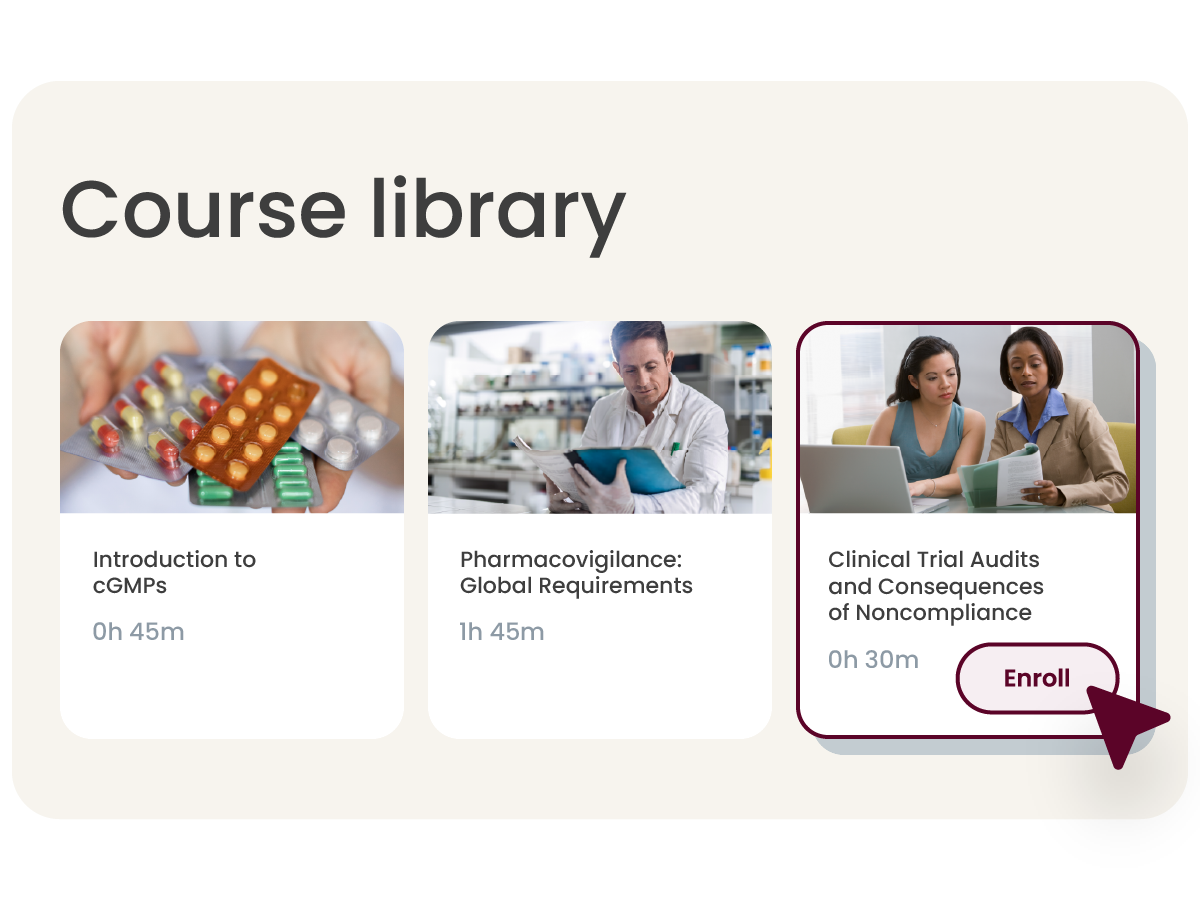At UL Solutions, our focus on efficiency, safety and sustainability drives our efforts to develop innovative products and services that support customers’ needs. Explore our latest updates.
Impact of Machine Learning on Drug Safety
Pharmacovigilance, the scientific discipline focused on detecting, assessing and preventing adverse effects associated with pharmaceutical products, has undergone transformative changes in recent years. The emergence of advanced technologies and methodologies has redefined how drug safety is monitored and managed.
Towards data-driven pharmacovigilance
As healthcare systems increasingly rely on real-world data from diverse sources —such as electronic health records, social media platforms and spontaneous reporting systems —the landscape of pharmacovigilance is evolving to incorporate these rich datasets into regulatory frameworks. Furthermore, the integration of artificial intelligence (AI) and big data analytics is revolutionizing how adverse drug reactions are detected and analyzed. By automating routine tasks and enhancing signal detection capabilities, AI technologies address longstanding issues such as underreporting of adverse drug reactions and improve overall monitoring efficiency. These advancements not only streamline pharmacovigilance processes but also support more robust patient safety initiatives across varying therapeutic contexts.
Machine learning and medical risk management
Machine learning has had a profound impact on drug safety. The integration of machine learning into pharmacovigilance represents a transformative shift in how drug safety is monitored and managed. As the volume of adverse event reports continues to rise, machine learning is revolutionizing the way pharmaceutical companies and healthcare providers approach the development and monitoring of medications. With the increasing complexity of drug interactions and adverse effects, traditional methods of drug safety assessment have become insufficient as they often rely on manual reporting and post-marketing surveillance, which can be both time-consuming and prone to underreporting. Machine learning algorithms offer a powerful tool for analyzing vast amounts of data to identify potential risks and optimize treatment strategies.
One of the key benefits of machine learning in drug safety is its ability to analyze large datasets from clinical trials, electronic health records and other sources to predict adverse drug reactions and interactions. By utilizing advanced algorithms, researchers can uncover hidden patterns and associations that may not be apparent through traditional methods, thereby significantly reducing patient harm and healthcare costs associated with delayed responses to drug safety signals. This enables healthcare professionals to proactively address safety concerns and mitigate risks before they escalate. So, predictive analytics in adverse event reporting allows for earlier intervention strategies that can significantly reduce patient harm while optimizing healthcare resources. This ability to predict drug-related side effects using advanced techniques and support underscores the potential for machine learning to improve both drug development processes and patient outcomes.
Furthermore, machine learning contributes to personalized medicine by tailoring treatment plans to individual patients based on their unique characteristics and genetic makeup. This precision medicine approach enhances drug efficacy while minimizing the likelihood of adverse events, improving patient outcomes and quality of care.
Enhancing patient safety through automation
In conclusion, machine learning has become an indispensable tool in supporting drug safety in the healthcare industry. By harnessing the power of data analytics and AI, pharmaceutical companies and healthcare providers can enhance patient safety and help optimize treatment regimens. As technology continues to advance, the integration of machine learning in drug safety will only continue to evolve and revolutionize the field of medicine. The exploration of machine learning's capabilities in this domain not only highlights its potential benefits but also raises critical questions about its limitations and the necessity for ongoing research to fully realize its impact on drug safety.
Why partner with UL Solutions for Pharmacovigilance training?
UL Solutions has supported customers in a variety of industries for the past 30 years to provide training and services to build strong learning programs.
We currently maintain over 1,000 online e-learning courses that are written and reviewed by recognized subject matter experts, including the U.S. Food and Drug Administration (FDA).
Discover how our Pharmacovigilance e-Learning courses can enhance your organization’s drug safety initiatives.
Get connected with our sales team
Thanks for your interest in our products and services. Let's collect some information so we can connect you with the right person.






